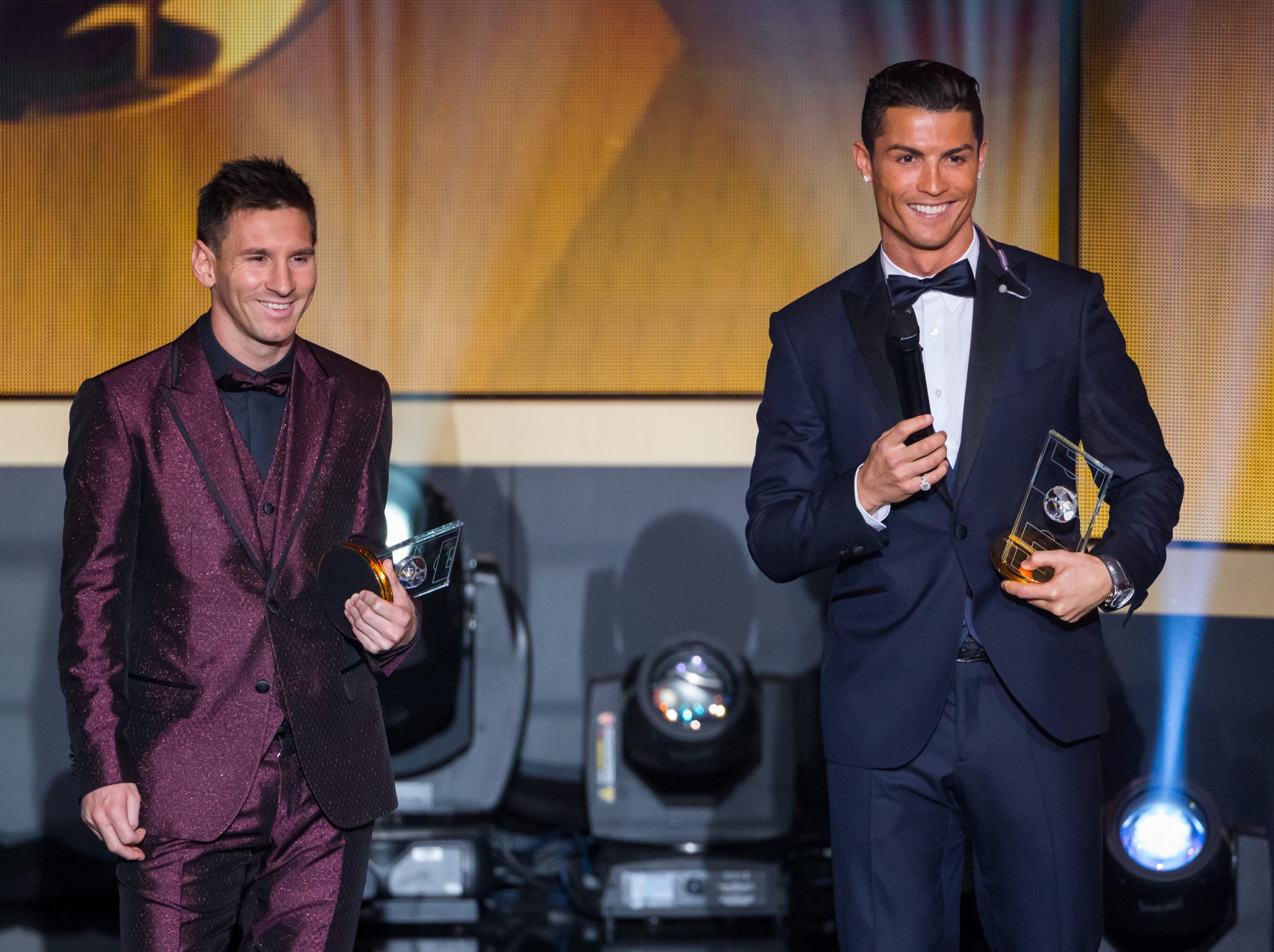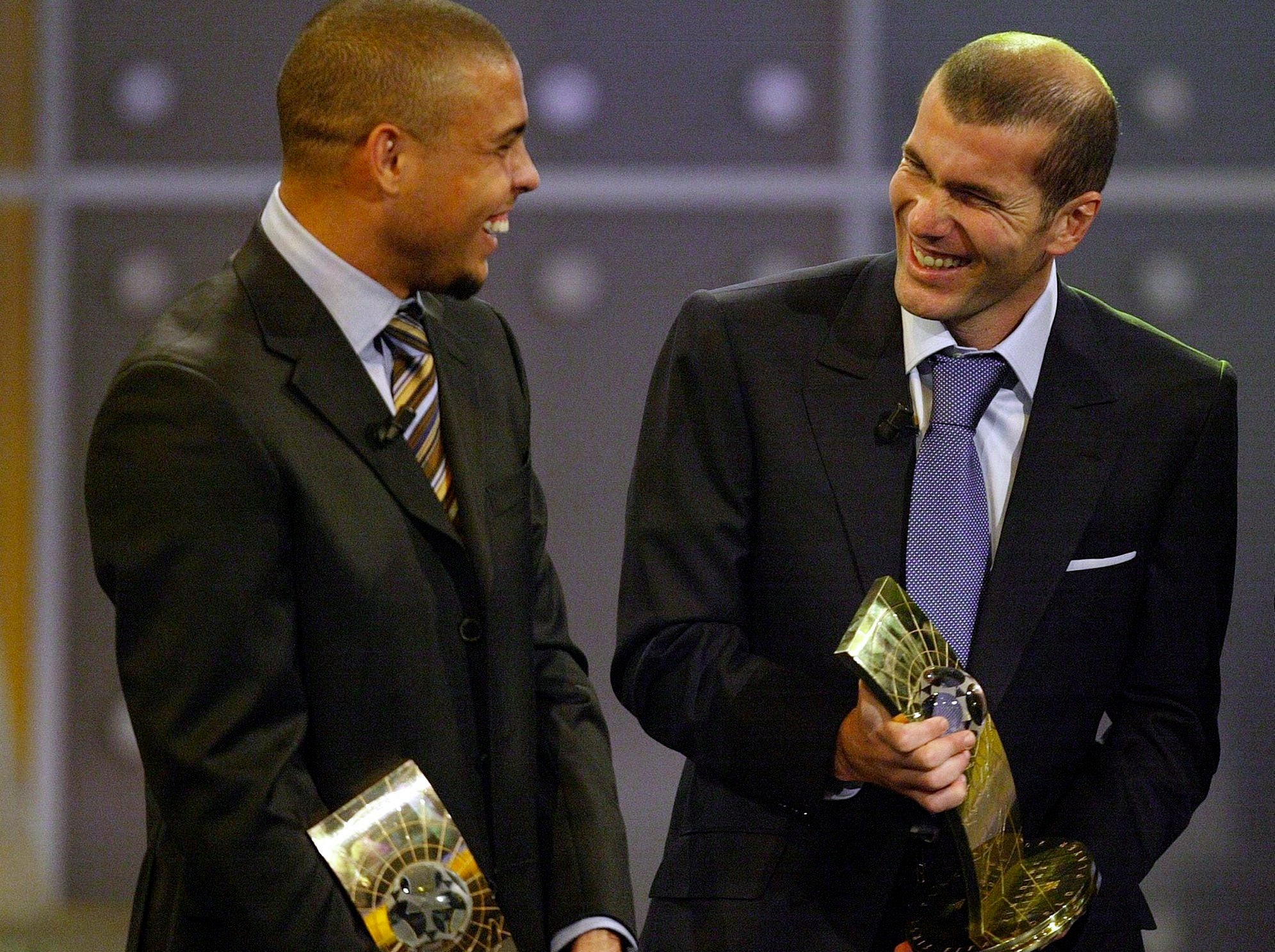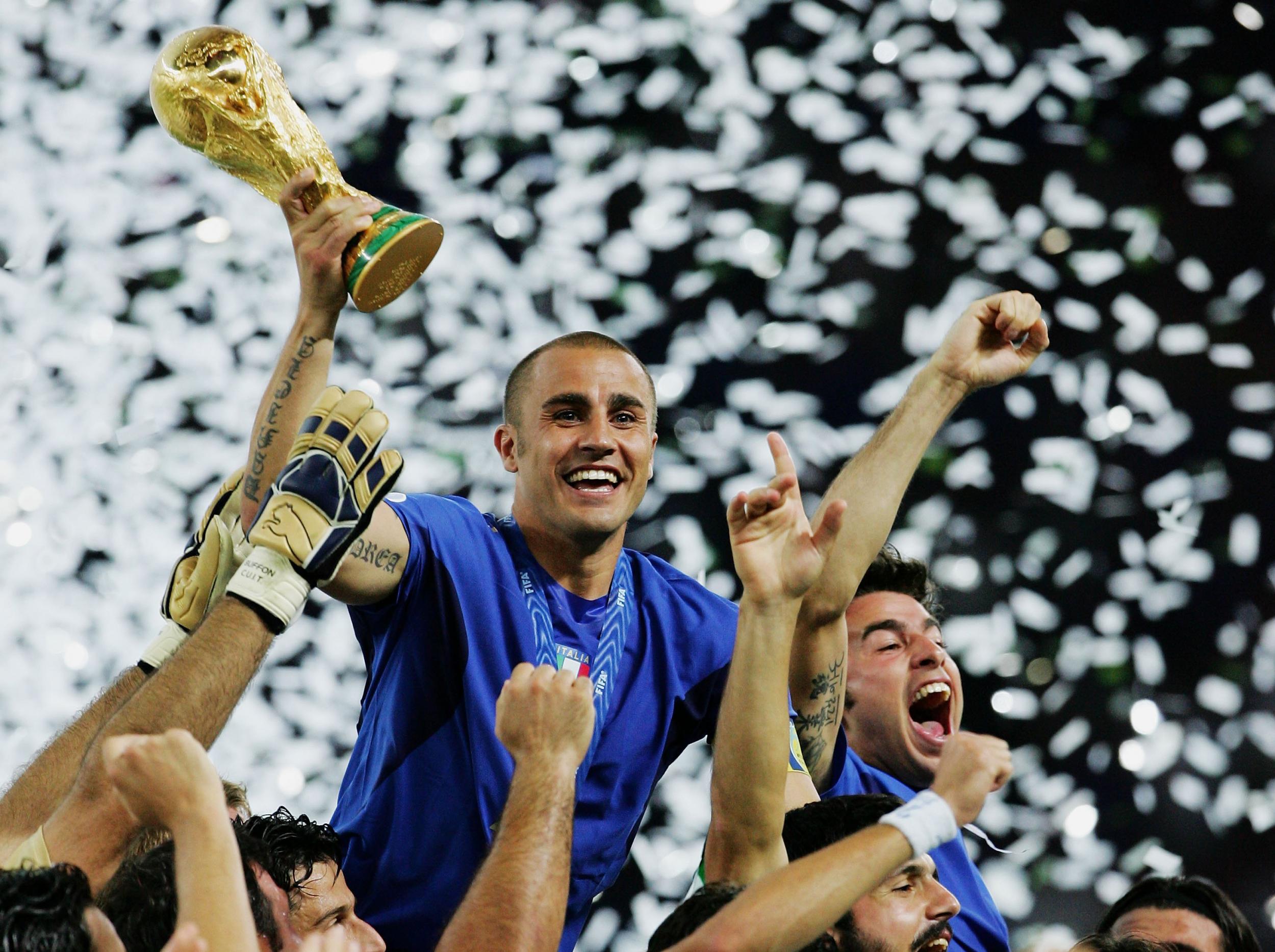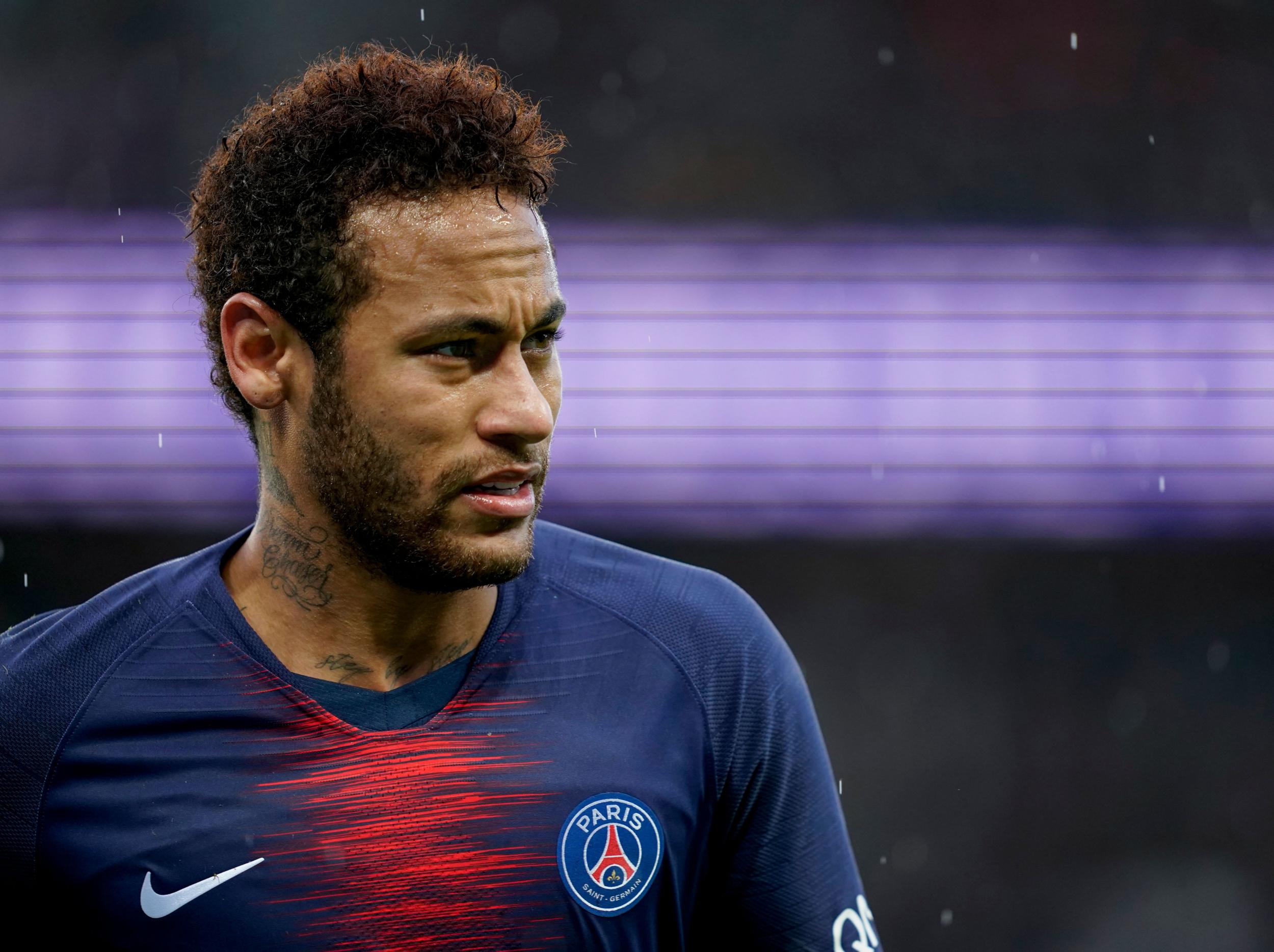Introducing ‘The Century’: Why we are counting down the best 100 players of the past twenty years
The Century: This week at The Independent we are counting down the 100 best players of the new millennium – even if it is difficult to know exactly where to begin

The issue when attempting to separate the 100 greatest players of the new millennium is that it really comes down to separating distinct eras that are far more meaningful in football terms than those set by the Gregorian calendar.
There is before the Messi-Ronaldo era. And there is after. It is almost fitting in that regard that the closing of this decade – which is why we are now looking to decide on the millennium’s greatest players – also brings the closing stages of their rivalry, because it has already started the wider discussions about what it has all meant.
Even considering those points, however, it is difficult to know exactly where to begin.
The most pointed fact is that they have changed the parameters and standards of the game, in a manner and magnitude that has genuinely been unprecedented.
Count the trophies. Count the goals. Count the records.
They’ve changed what was considered possible. That does mean, however, that it’s almost impossible to reasonably assess any other career against them.
What is an acceptable level of achievement for talent? What is talent, for that matter? They’ve disrupted how we see the game as much they’ve disrupted defences.
Consider the career of the player probably viewed as the greatest in the world – the true wearer of the crown – before they came along. Zinedine Zidane stands out for spectacular moments – the exquisite exhibitions of Euro 2000, the victorious volley of the 2002 Champions League final, the final surge of the 2006 World Cup – rather than the running brilliance of Messi and Ronaldo.
It is the intensity of their consistency that has been so incredible. Zidane’s achievements feel so staccato next to them.
The Brazilian Ronaldo’s career haul of “a mere” one World Cup, one Spanish title, one Uefa Cup, one Cup Winners Cup and a few domestic cups meanwhile now seems rather quaint next to the way they’ve claimed win after win.
And this touches on a deeper element, which makes this complicated question even more difficult.
Historically brilliant as Messi and Ronaldo have been, they have performed in the midst of another historical change in football.
Their era has coincided with the super-club era. They have almost completely aligned, in fact, and it could be said that the two personify this era in the extremity of their numbers.

Longer-term economic developments in the game led to a situation from around 2005 where a group of around 10 clubs began to attract a greater concentration of income than ever before, and thereby attract a greater concentration of football talent than ever before.
In very basic terms, it has meant the best players play in far better squads than ever before, and that there is a huge gap between them and the majority of domestic teams they play. They logically should score more and win more. They have certainly won more titles, as the rather depressing recent champions lists of the major leagues proves. This is why Paris Saint-Germain, Bayern Munich and Juventus generally dominate with such ease. This is why it Atletico Madrid winning the Spanish league was so remarkable, and why it was that Leicester City winning the Premier League was a modern sporting miracle.
Allied to this is the way the club game has so superseded the international game, since it is by definition so much more sophisticated and co-ordinated. It is now where the great tactical leaps take place, with by far the most influential this decade – and maybe ever – being Pep Guardiola’s reinvention of the Dutch-Barcelona pressing-passing game in 2008.
That has in turn meant a leap in the very way the sport is played. It is so systemised now, with the top clubs executing highly co-ordinated attacking moves that were simply not imaginable at the turn of the millennium.

It is a far more sophisticated, and much less free-form sport.
All of this of course has significant meaning for a debate like this, and goes further than the lessening of international tournaments in historic importance.
In that regard, the performance over six or seven games in one summer just can’t have the same emotional impact or resonance in a modern world where there is so much focus on huge Champions League games. Messi and Ronaldo’s own displays in tournaments indicate this. Both have been better in them than often argued. But neither have had a Diego Maradona 1986 or a Roberto Baggio 1994.
The closest anyone on this list has actually come is Zidane 2000, Ronaldo 2002 and Fabio Cannavaro 2006.

The game has changed.
But, more relevantly – and entirely logically in a more systemised era – it is even harder to divorce individual agency from collective result.
This is why, in 2019, so many of the highest achieving players are those who submit to the system. It might well explain the struggles of others, like Neymar.
It also means, somewhat counter-intuitively, that brilliant players are that bit more replaceable. How many of the Bayern Munich players on this list, for example, would have had to be removed from their team to prevent them from winning the title in any given year?

The debate about David Silva perhaps sums this up, especially considering his place as a gloriously fluid cog in two of the greatest sides ever – the current Manchester City and Spain 2008-12. But a cog nevertheless.
The long and short is that there are fewer and fewer cases of individuals having immense influence in team efforts, in ways that did seem more prevalent at the beginning of the century. You only have to look at Roy Keane and Rivaldo.
And yet it is still two individuals dominating the game, pointing to how far they are ahead of the rest.
The debate about them has dictated so much football discourse in this millennium, but it is the debate about those behind them that is perhaps more interesting, and unclear. It certainly led to a lot of debate in the Independent staff’s own votes for this list, and some wild divergences in opinions in a way that was itself very different in the arguments for the greatest Premier League players.
You are likely to have the same reaction. It’s a sign of how much the game has changed.
Welcome to The Independent Century countdown.
The Century
This week, we are counting down the 100 greatest players of the 21st century, revealing 20 per day until the winner is announced on Friday.
We asked 10 of our football writers to select 50 players, with each pick awarded points contributing to a final score.
Join us throughout the week for a wide selection of exclusive interviews and features, as we celebrate the best players of the last twenty years.
Join our commenting forum
Join thought-provoking conversations, follow other Independent readers and see their replies
0Comments